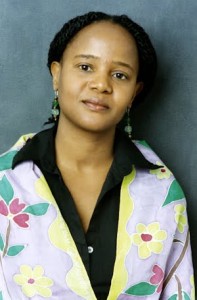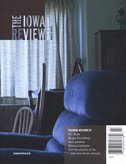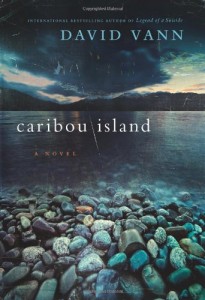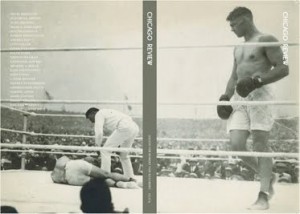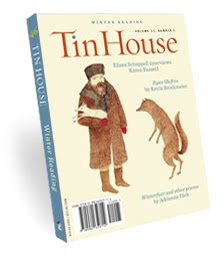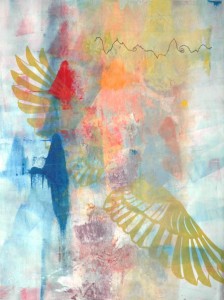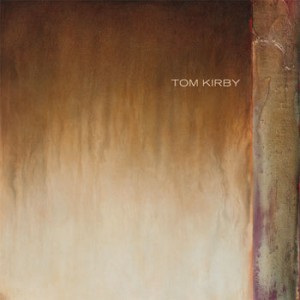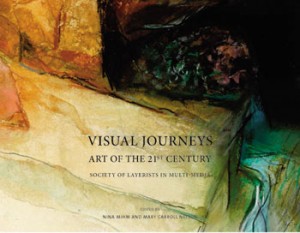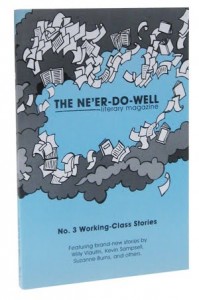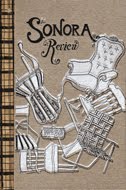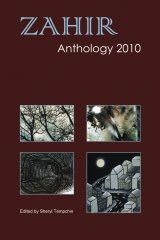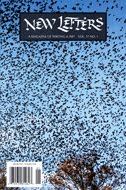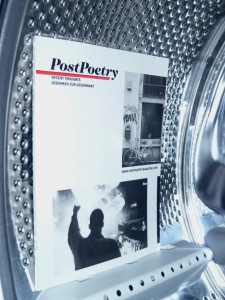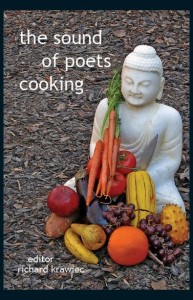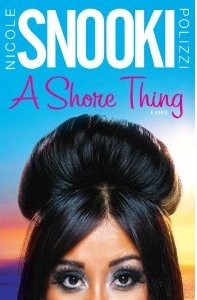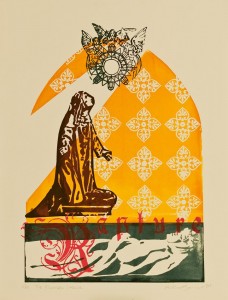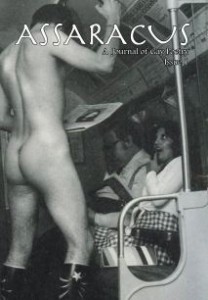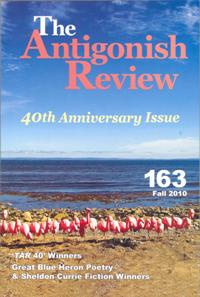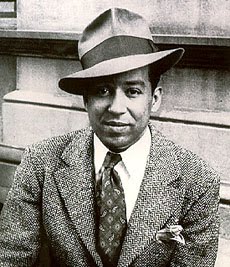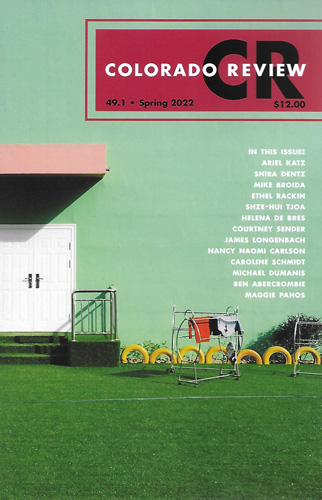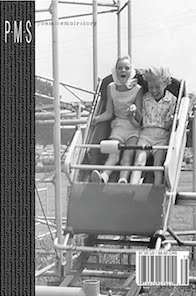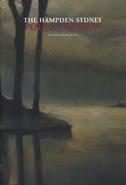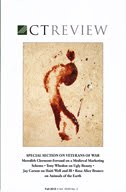 In addition to its usual general content (poems, essays, and fiction) the Fall 2010 issue of Connecticut Review features a special section entitled “Veterans of War” guest edited by Lisa Siedlarz, who writes, “…the creative works of warriors are such an important part of our history. these poems, stories, and photographs preserves a significant part of our freedom, and make as real as possible to noncombantants the things that are not discussed,” and as contributor Horace Coleman notes about the subject of his photo: “The young soldier…is mourning a soldier from his outfit killed in a war that’s fought by few and ignored by most.” The section contains stories and poems by vets from the current wars in Iraq and Afghanistan as well as Vietnam and World War II.
In addition to its usual general content (poems, essays, and fiction) the Fall 2010 issue of Connecticut Review features a special section entitled “Veterans of War” guest edited by Lisa Siedlarz, who writes, “…the creative works of warriors are such an important part of our history. these poems, stories, and photographs preserves a significant part of our freedom, and make as real as possible to noncombantants the things that are not discussed,” and as contributor Horace Coleman notes about the subject of his photo: “The young soldier…is mourning a soldier from his outfit killed in a war that’s fought by few and ignored by most.” The section contains stories and poems by vets from the current wars in Iraq and Afghanistan as well as Vietnam and World War II.
Henry F. Tonn, a reviewer for NewPages, has a piece featured in this section in which he recounts the story of WWII veteran Richard Daughtry’s visit to the Buchenwald concentration camp after the US occupation. Tonn clearly and specifically details Daughtry’s harrowing encounter with “freed” prisoners whose bodies and minds were so ravaged by their ill-treatment that they would not live to enjoy their freedom.
Also included are works by Donald Anderson, Christopher Lee Miles, Terry P. Rizzuti, William Childress, Joseph Giannini, Rick Christman, David Abrams, Tim Skeen, Jason Poudrier, Dario BiBattista, Benjamin Simon, Allan Garry, H. Palmer Hall, Greg McBride, Jason Armagost, Adam King, John Balaban, Sonja Pasquantonio, Brian Turner, Benjamin Busch, Kevin Siedlarz, Troy Walker, Horace Coleman, and Pit Menousek Pinegar.
The cover image for the issue is most stunning: “Blood Trail” a digital photograph taken by Benjamin Bush in Ar Ramadi, Al Anbar Province, Iraq (2009). “This is an insurgent’s footprint on a sidewalk, left in blood, as he fled from a failed attack on a U.S. Marine position in Ar Ramadi. He died 27 steps from this one. The photographer took this photograph on the morning afterward.”


